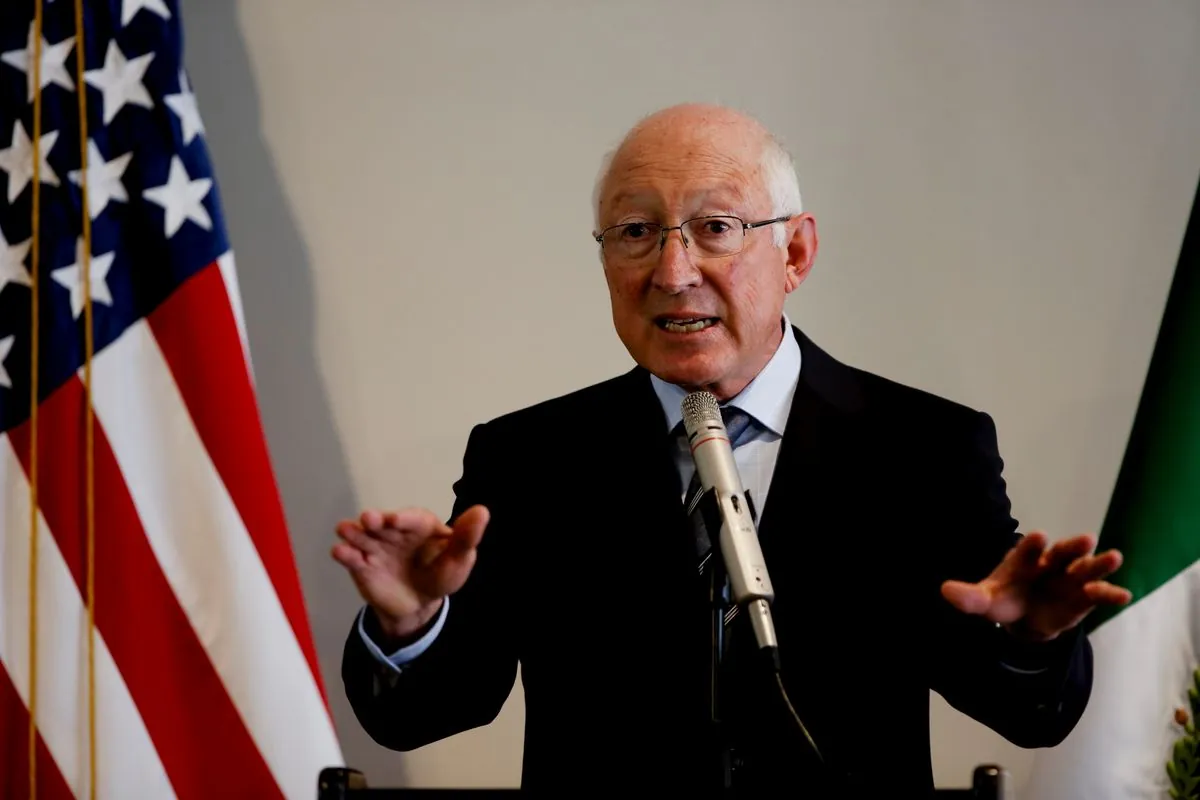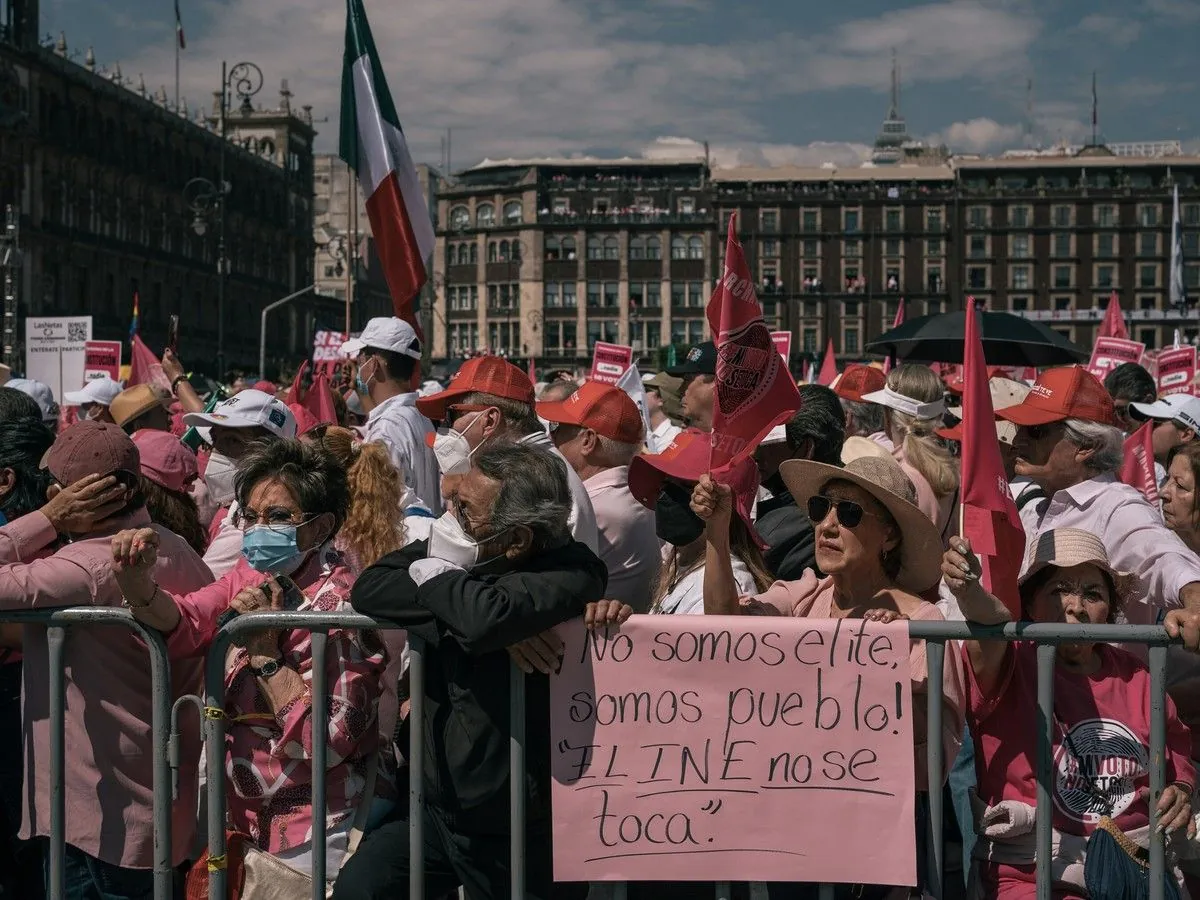U.S. Ambassador Warns of Risks in Mexico's Proposed Judicial Reform
U.S. Ambassador Ken Salazar expresses concerns over Mexico's proposed judicial overhaul, warning of risks to democracy and U.S.-Mexico relations. The controversial reform faces opposition amid economic uncertainties.

U.S. Ambassador Ken Salazar has voiced apprehension regarding a judicial reform proposed by Mexican President Andrés Manuel López Obrador. The ambassador's statements, made on August 22, 2024, highlight potential threats to Mexico's democratic processes and the longstanding commercial ties between the two nations.
The proposed overhaul, which includes a provision for the popular election of judges, has sparked significant concern among various stakeholders. This reform comes in the context of Mexico's legal system, which is based on civil law with influences from Spanish and French legal traditions, unlike the common law system prevalent in the United States.
Salazar emphasized the crucial role of an independent judiciary in democratic functioning, stating:
"Democracies can't function without a strong, independent and non-corrupt judicial branch. Any judicial reform needs to have safeguards that the judicial branch is strengthened, and not the subject to political conditions."
The ambassador expressed worry that the proposed changes could potentially benefit criminal organizations and introduce political motivations into judicial decisions. This concern is particularly significant given that Mexico's economy is closely tied to the United States, which accounts for approximately 80% of Mexican exports.
The reform proposal has emerged following substantial electoral victories by López Obrador's Morena party in June. Critics, including academics and financial institutions, warn that these changes could lead to a concentration of power across all three branches of government, potentially undermining the system of checks and balances.

The Mexican peso, introduced in its current form in 1993, has experienced a decline since federal court employees initiated strikes on August 19, 2024. This economic impact has prompted major financial institutions to reassess their outlook on Mexican investments. The Mexican Stock Exchange (BMV), the second-largest in Latin America, may face increased volatility if the reforms proceed.
Despite mounting criticism, López Obrador maintains that the reform is necessary to address corruption within the judiciary. The president has previously expressed dissatisfaction with the court system, often engaging in public disagreements with judges whose rulings he opposes.
The proposed changes require approval from Mexico's newly elected congress, set to convene on September 1, 2024. With Morena and its allies holding a majority, the likelihood of the reform passing has increased, raising concerns about the future independence of Mexico's judicial system.
As Mexico approaches the end of López Obrador's six-year term on September 30, 2024, the outcome of this judicial reform could have lasting implications for the country's democratic institutions and its economic relationships, particularly with its largest trading partner, the United States.


































